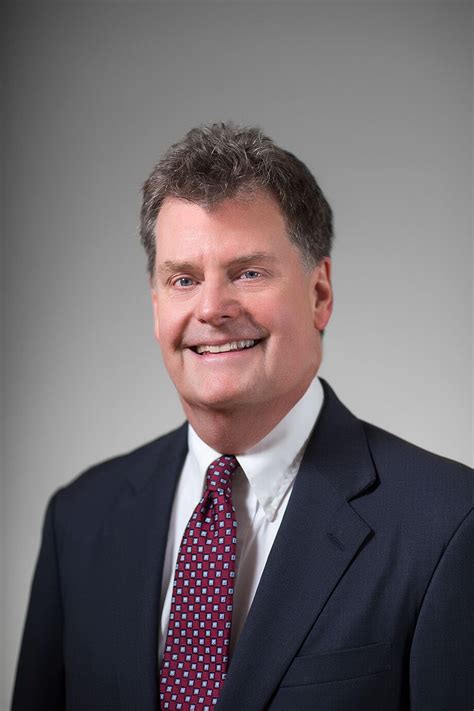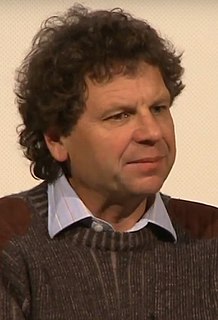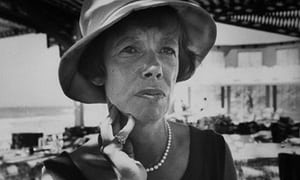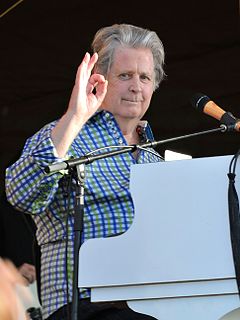A Quote by Roger Ebert
Now I see that all relationships are virtual, even those that take place in person. Whether we use our bodies or a keyboard, it all comes down to two minds crying out from their solitude.
Related Quotes
You and I are standing this very second at the meeting place of two eternities: the vast past that has endured forever, and the future that is plunging on to the last syllable of recorded time. We can't possible live in either of those eternities - no, not even for a split second. But, by trying to do so, we can wreck both our bodies and our minds. So let's be content to live the only time we can possible live: from now until bedtime.
It is a grave injustice to a child or adult to insist that they stop crying. One can comfort a person who is crying which enables him to relax and makes further crying unnecessary; but to humiliate a crying child is to increase his pain, and augment his rigidity. We stop other people from crying because we cannot stand the sounds and movements of their bodies. It threatens our own rigidity. It induces similar feelings in ourselves which we dare not express and it evokes a resonance in our own bodies which we resist.
And, to prevent mistakes, I must advertize you, that I now mean by elements, as those chymists that speak plainest do by their principles, certain primitive or simple, or perfectly unmingled bodies; which not being made of any other bodies, or of one another, are the ingredients of which all those called perfectly mixt bodies are immediately compounded, and into which they are ultimately resolved: now whether there be any such body to be constantly met with in all, and each, of those that are said to be elemented bodies, is the thing I now question.
If your body is crying out for a change, or crying out that it's unhappy, for goodness sake listen to it. Our bodies aren't machines that get by with a grease and oil change every 50,000 kilometres. Stress is part of life but if prolonged stress is in our life, we have to ask ourselves if we are in the right place, right frame of mind, or doing the right job.
How do we allow God into our minds, bodies, relationships, and life? We stop squeezing the divine out through our preconceived notions of what is sacred and what is profane. When we assume the mind-set that everything is ultimately divine, though sometimes more disguised than others, then we can see that all of our thoughts, impulses, and desires arise from and can bring us back to awareness of the sacred.
I was really interested in this ability for others to create virtual memories for us. In "The Cartographers" I explore this through Adam Woods, and the company he works for, which produces virtual memories that people can beam into their consciousness. While the technology is sci-fi, the story is also a metaphor for the way love relationships create memories in our minds.
I have even learned to respond to someone crying by just listening. In the old days I used to reach for the tissues, until I realized that passing a person a tissue may be just another way to shut them down, to take them out of their experience of sadness and grief. Now I just listen. When they have cried all they need to cry, they find me there with them.
The spiritual journey is one that we must take "alone together," in the same way that a good marriage involves a dance between solitude and communion. The life of the spirit entails a continuous alternation between retreating into oneself and going out into the world: it's an inward-outward journey. There is a solitary part to it, but that solitude helps us to develop richer and more in-depth relationships with our friends, our children, our community, and the political world.
Realizing that our minds control our bodies while our bodies reflect our minds amounts to understanding the most fundamental aspects of ourselves. It further equals a comprehension of the relationship between our "tools." And since the mind and body are interrelated, this understanding makes it easier to see why coordinating them is a practical way of using these tools to greatest effect-a way of using the mind and body to live our lives as art.




































